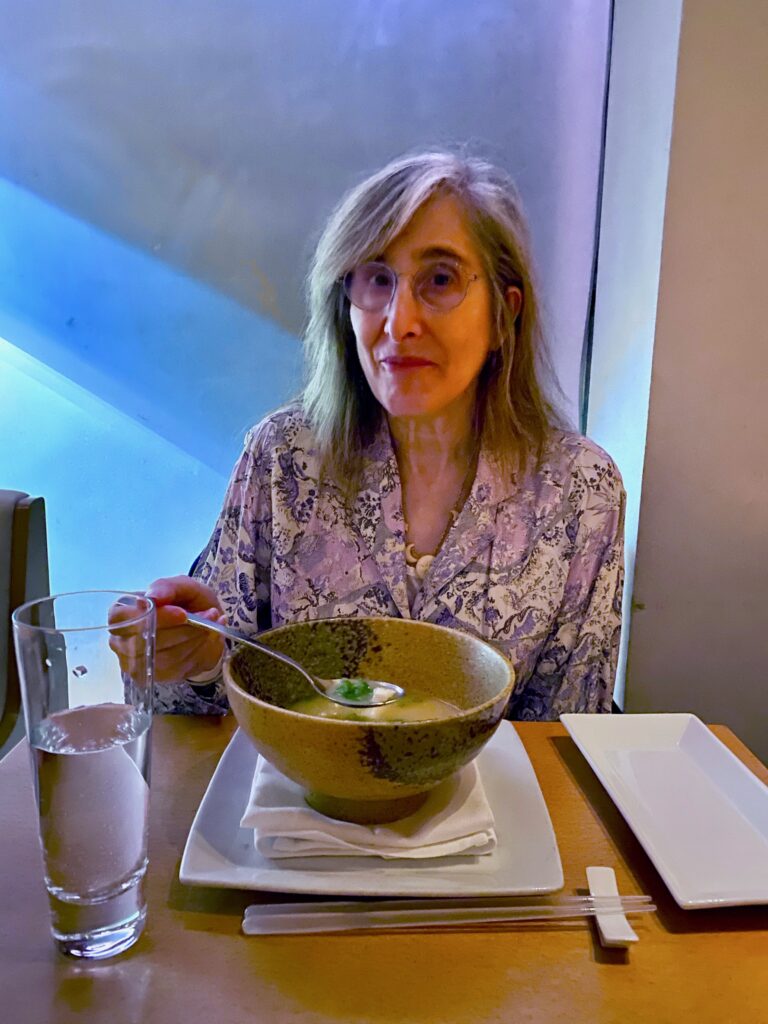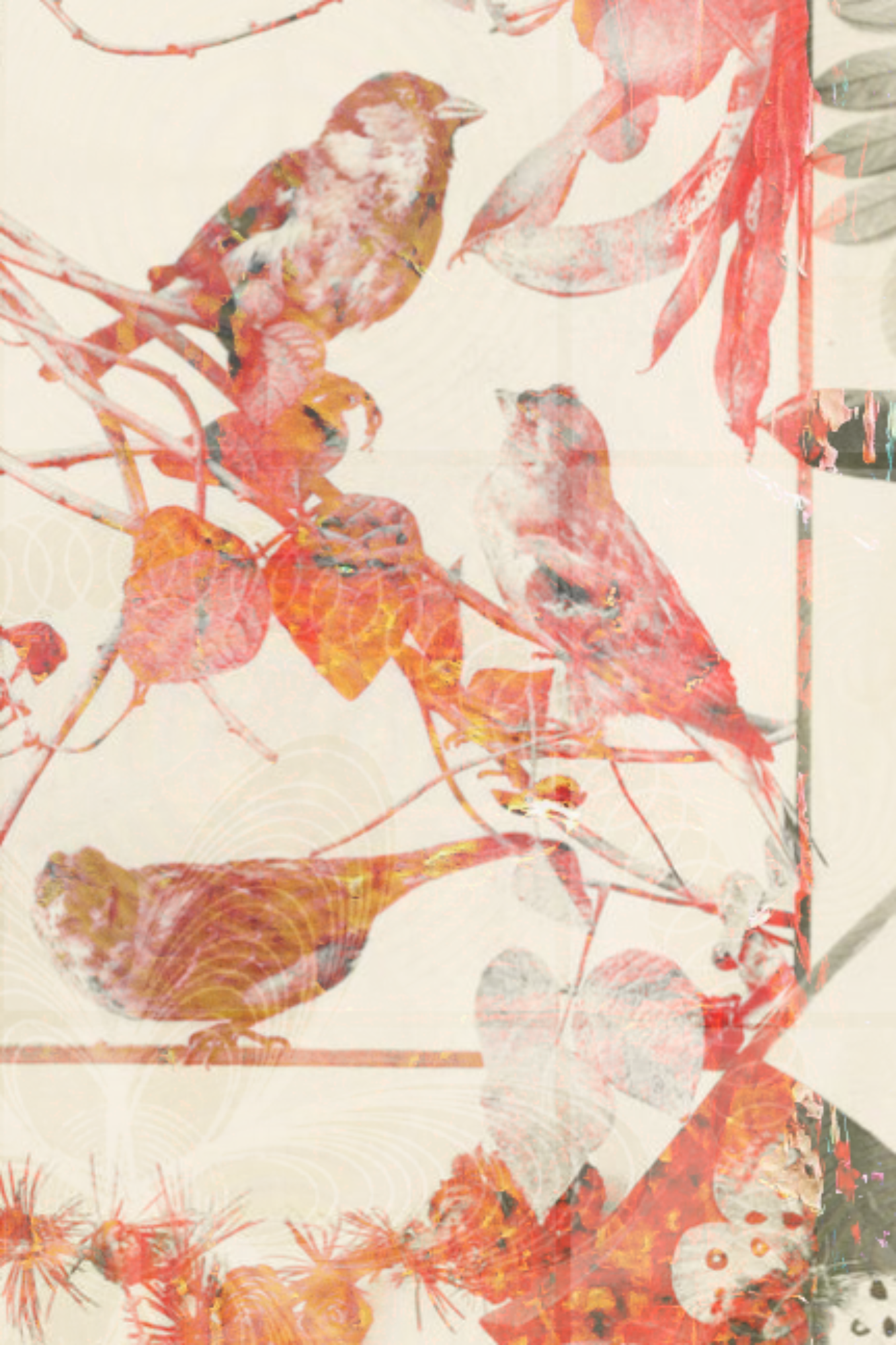What’s your creative process like?
My creative process is a mess. I usually have multiple projects going on simultaneously. When I get stuck on one project, I switch to another. For example, I’ve been working on a novel since 2021. I’m on chapter 20; I might have ten more chapters to go. I might not finish because it’s been so difficult. I’ve also been working on a particular series of poems for years. I have 24 of these poems, but I’ve published only a handful. The unpublished ones either need a lot of work, or tweaking, or something. I also write book reviews, so that takes up time for reading. And I have random poetry I’m always working on. I used to think that working on a longer fiction piece would inspire something I’d want to put in a poem; or reading a book for a book review would conjure some revelation about what I was trying to do elsewhere. But now I think that I’m just impatient and easily bored. I’m inspired to work on something until I’m not. A friend who’s written a memoir, two novels, numerous short stories, and teaches full-time, D.K. McCutchen, calls this “creative procrastination.” But for me, it’s just a mess.
Tell us about your path to writing or creating artwork.
My path to creative writing (and/or artwork) is a little like the path of least resistance. I was a newspaper reporter for more than a decade and my career was at a dead end. I wanted to write a novel about one of the stories I covered, because in real life, the experience was so unsatisfying. It was unsatisfying for the people involved in that story, and for me, there was so much more to it than the day-to-day updates of how a police investigation and eventual court case were progressing. Once I realized I wasn’t going anywhere as a journalist, I got myself into a writing workshop. I eventually enrolled in a Master of Fine Arts program in fiction. People trash MFA programs for many reasons, but my program taught me how to read and critique, which has been invaluable for my work. I have always written poetry but began to take it more seriously when my father lost his voice (temporarily, to throat cancer) and I began to understand the relationship between sound and meaning. Plus, my daughter was a toddler then, and I could think clearly for only seconds at a time.
Who are you hoping to reach with your work? Do you have a target audience? Who do you hope to inspire?
I’m trying to reach my daughter. In my poetry, I’m creating a record of my family life that I want her to have once I’m gone. I came from a big, extended family, with many characters and complications. Now there’s just our small, nuclear family, and I want her to know all the people I grew up loving and admiring. As for anyone else I might be reaching, I’d like to think I’m making an impact on my fellow humans, but who knows, really. When I was a journalist, I wanted to change the world, or right some specific injustices I discovered, and I did not accomplish that. Not in the least. Sometimes I’d say I was writing something for the record. Some historian would find it one day and be able to quote it as indicative of the times, the atmosphere, the culture. I still believe in that function. But I also know that isn’t likely to happen.

Jane Rosenberg LaForge is the author of four full-length poetry collections; My Aunt’s Abortion (BlazeVOX books 2023) is her most recent. She also has published four chapbooks of poetry; a memoir; and two novels. She reviews books for American Book Review and reads poetry for COUNTERCLOCK literary magazine.

